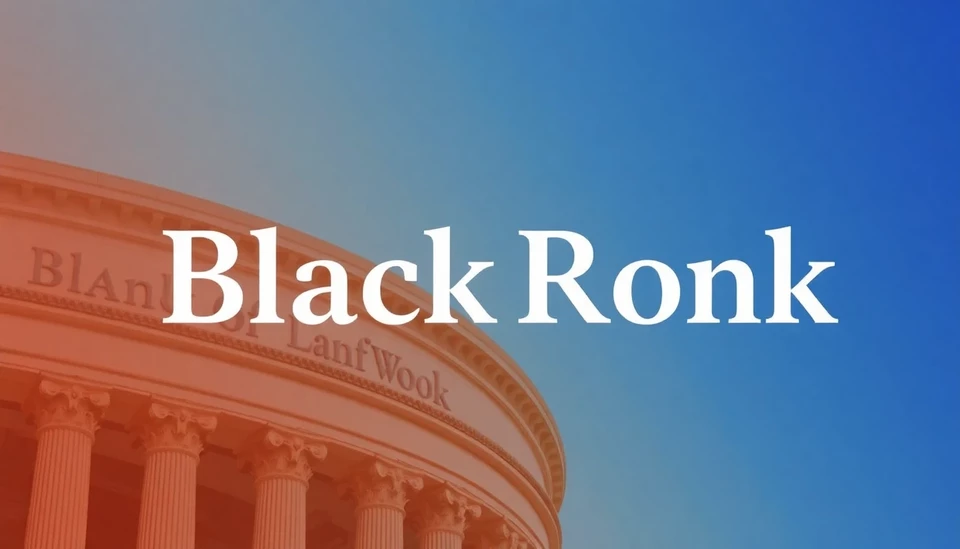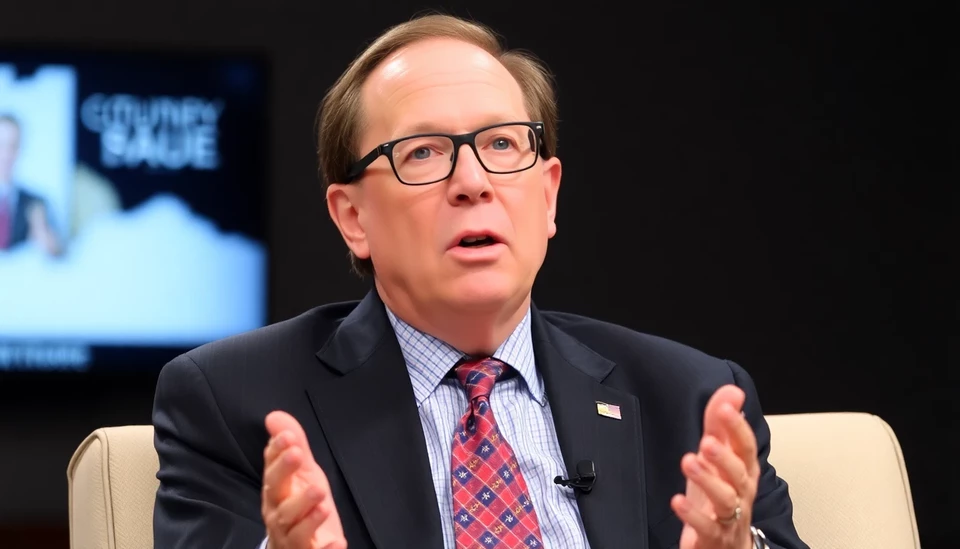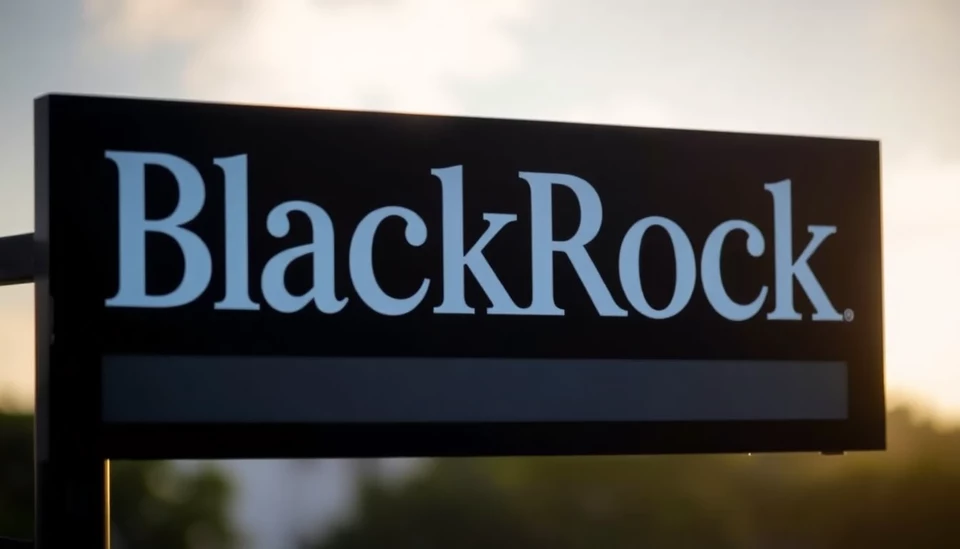
In a surprising shift, BlackRock, the world’s largest asset manager, is scaling back its commitment to environmental, social, and governance (ESG) initiatives. This strategic pivot comes as the financial giant seeks to navigate the increasingly polarized political climate in the United States, particularly in the wake of former President Donald Trump's influence over the Republican Party.
The re-evaluation of BlackRock’s ESG priorities is seen as a response to criticisms from certain segments of the Republican party, who have accused the firm of being overly progressive and politicizing investment decisions. This backlash has prompted BlackRock’s executives to reconsider their stance, potentially compromising the firm’s previously staunch advocacy for socially responsible investment practices.
Sources within BlackRock have indicated that the firm plans to adopt a more centrist approach in its investment strategy, aimed at appeasing GOP concerns while still promoting responsible investing. The shift reflects a growing trend among corporations that are recalibrating their ESG commitments to align with political realities, especially in light of the mid-term elections where Republican control has lingered.
BlackRock’s previous initiatives had focused heavily on climate change, diversity, and sustainable investing, pushing companies to adopt practices that would foster long-term resilience against environmental and social challenges. However, with rising pressure from Republican lawmakers and the potential for legislative challenges targeting ESG investments, BlackRock's strategy is adapting to safeguard its market position.
BlackRock’s CEO, Larry Fink, has been an outspoken advocate for ESG, viewing sustainability as not just a moral obligation but a wise investment strategy. Critics have called his agenda an example of “woke capitalism,” and many Republican lawmakers have accused him of steering BlackRock towards a political agenda that aligns too closely with progressive values. The firm’s response is seen as an attempt to counter this narrative and engage in constructive dialogue with conservative stakeholders.
As part of the realignment, BlackRock may now prioritize returns over strict ESG criteria and promote a more flexible framework that can accommodate diverse political perspectives among investors. The company is likely to enhance its outreach to Republican lawmakers and create partnerships that reflect a balanced approach to investment – one that responsibly acknowledges economic implications without abandoning the core principles of sustainability.
This decision could not only help BlackRock mitigate political risks but also attract investors who are skeptical of ESG and the perceived overreach into corporate governance. In doing so, BlackRock is preparing for a future where successful engagement across the political spectrum might be crucial for its survival and growth.
While this shift may appease some Republicans, it remains to be seen how it will impact BlackRock's reputation among its traditional supporters, including institutional investors who prioritize ESG factors in their investment decisions. The balancing act of maintaining credibility while appealing to a broader audience will be critical as BlackRock navigates this complex landscape.
In summary, BlackRock's decision to dial back its ESG efforts marks a significant moment in the intersection of finance and politics. The firm’s ability to adapt in response to political pressures may redefine the future of responsible investing and impact ongoing dialogues surrounding corporate governance in America.
As the political climate continues to evolve, the implications of BlackRock's decisions will be closely watched, not just by investors but by companies seeking to understand how best to engage within this charged environment.
#BlackRock #ESG #Investing #Politics #CorporateGovernance #Sustainability #Republicans #LarryFink #Finance #GreenInvesting #CorporateResponsibility #WokeCapitalism
Author: Sophie Bennett




